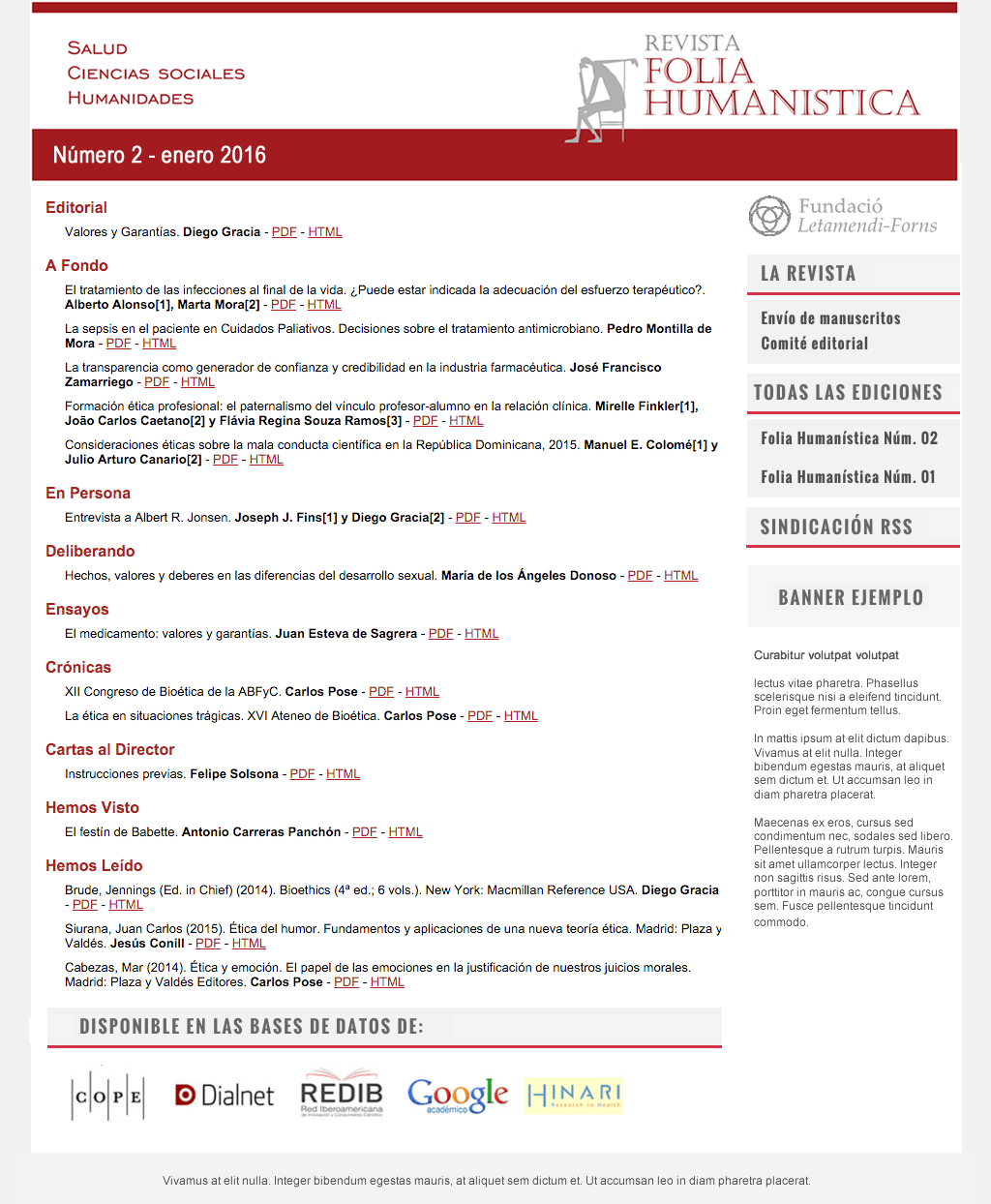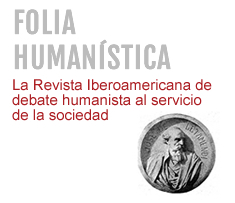La ciencia cuestiona el lugar de Homo sapiens en nuestra visión del Universo
DOI:
https://doi.org/10.30860/0078Keywords:
Genetic, Genetic modification, Transhumanisme, Ecocentrism, HumanismAbstract
The central place that humans occupy in the vision of the world that comes from the Enlightenment is the subject of discussion. Modern science contributes to this debate. The development of Physics and Biology have been separating humans from the centre of the solar system and have made it one more species, result of evolution and natural selection. The effects of human activity on the set of parameters that measure the state of the atmosphere, the soil or the oceans indicate a profound alteration of the conditions in which humans and other species that populate the planet live. This has led to propose that the central vision assigned to the human be transferred to a central role of ecological balances. Modern Biology and the uses of electronic devices are leading to a possible new definition of the human species. For some, it is necessary to abandon the values of progress, rationality or democracy advocated by the Enlightenment. Without denying the importance of the issues raised, it does not seem possible to deny the values defended by illustrated humanism. It seems necessary to start from them to reflect on the new situations that arise and urge our society to act assuming the responsibility that humans have with respect to the environment in which they carry out their activities and to future generations to whom we must provide at least similar conditions to those who have enjoyed the present and the past.
References
International Panel on Climate Change. https://www.ipcc.ch/
Convention on Biological Diversity. https://www.cbd.int/
Leopold, A (2019) Un año en Sand County. Ed. Errata Naturae, Madrid. 368 pp.
Gray, J (2008) Tecnología, progreso y el impacto humano sobre la Tierra.
CCCB, Barcelona. 81 pp.
Mosterín, J (1998) Vivan los animales. Ed. Debate, Madrid, 390 pp.
Secció de Ciències Biològiques de l’IEC (2020) L’Edició Genòmica i el seu
impacte. Institut d’Estudis Catalans. Barcelona. 116 pp.
Consejo de Europa. Convención sobre Derechos Humanos y Biomedicina.
https://www.coe.int/en/web/bioethics/oviedo-convention
National Academies of Sciences, Engineering, and Medicine (2017) Human
Genome Editing: Science, Ethics, and Governance. The National Academies
Press. Washington, DC. 329 pp.
Bostrom, N (2005) A History of Transhumanist Thought. Journal of Evolution
and Technology , 14, 1-25
Puigdomenech, P (2016) Desafíos del futuro. Ed. Crítica, Barcelona, 253 pp.
Jonas, H (2004) El principio de responsabilidad. Ed. Herder, Barcelona, 398 pp.
Pinker, S (2018) Enlightment Now. Ed. Allen Lane, UK, 556 pp.
Downloads
Published
How to Cite
Issue
Section
License
La Revista Folia Humanística se adhiere a Creative Common en la modalidad: Reconocimiento – NoComercial – CompartirIgual (by-nc-sa): No se permite un uso comercial de la obra original ni de las posibles obras derivadas, la distribución de las cuales se debe hacer con una licencia igual a la que regula la obra original.








